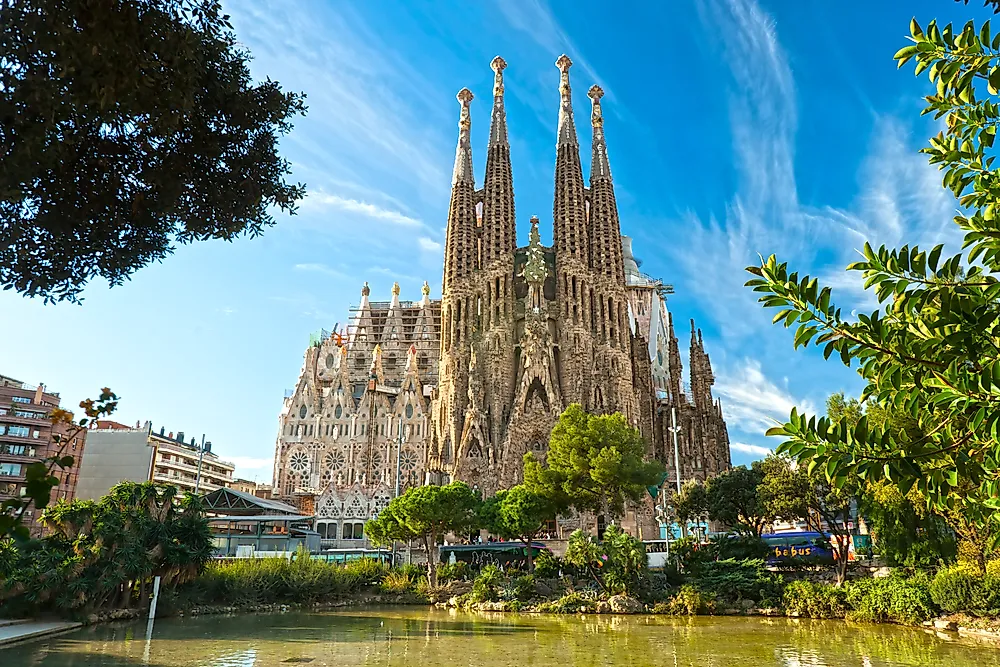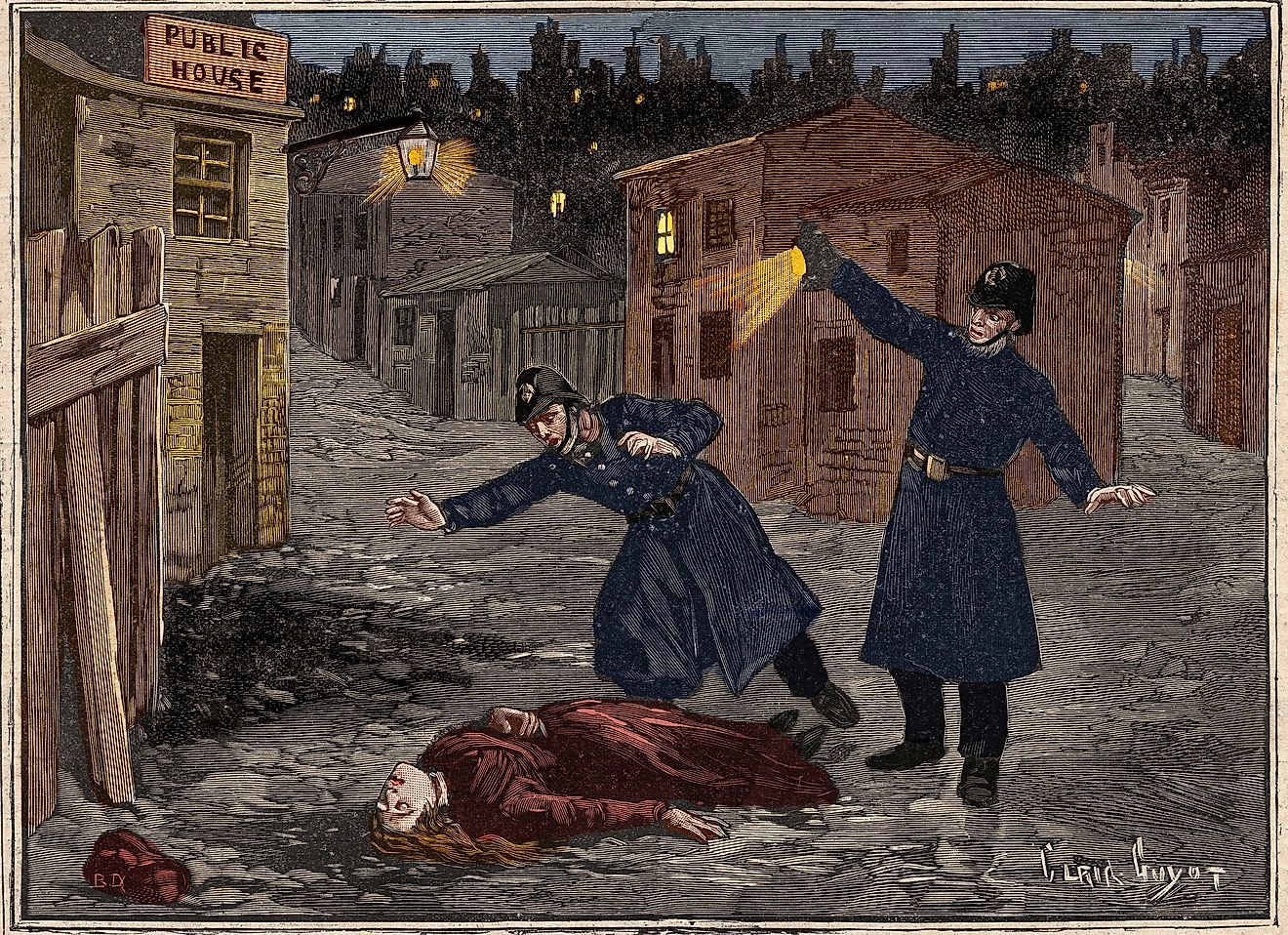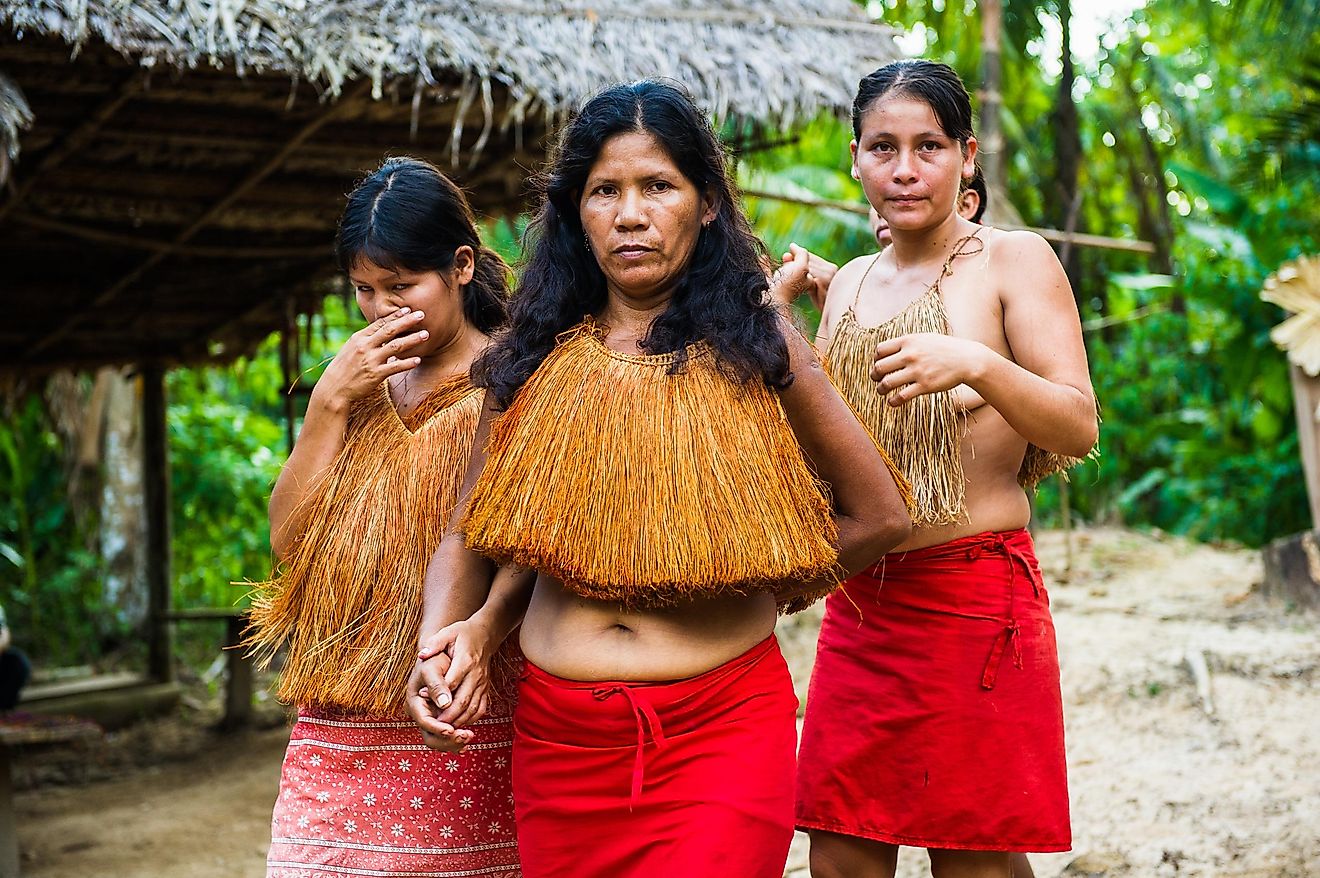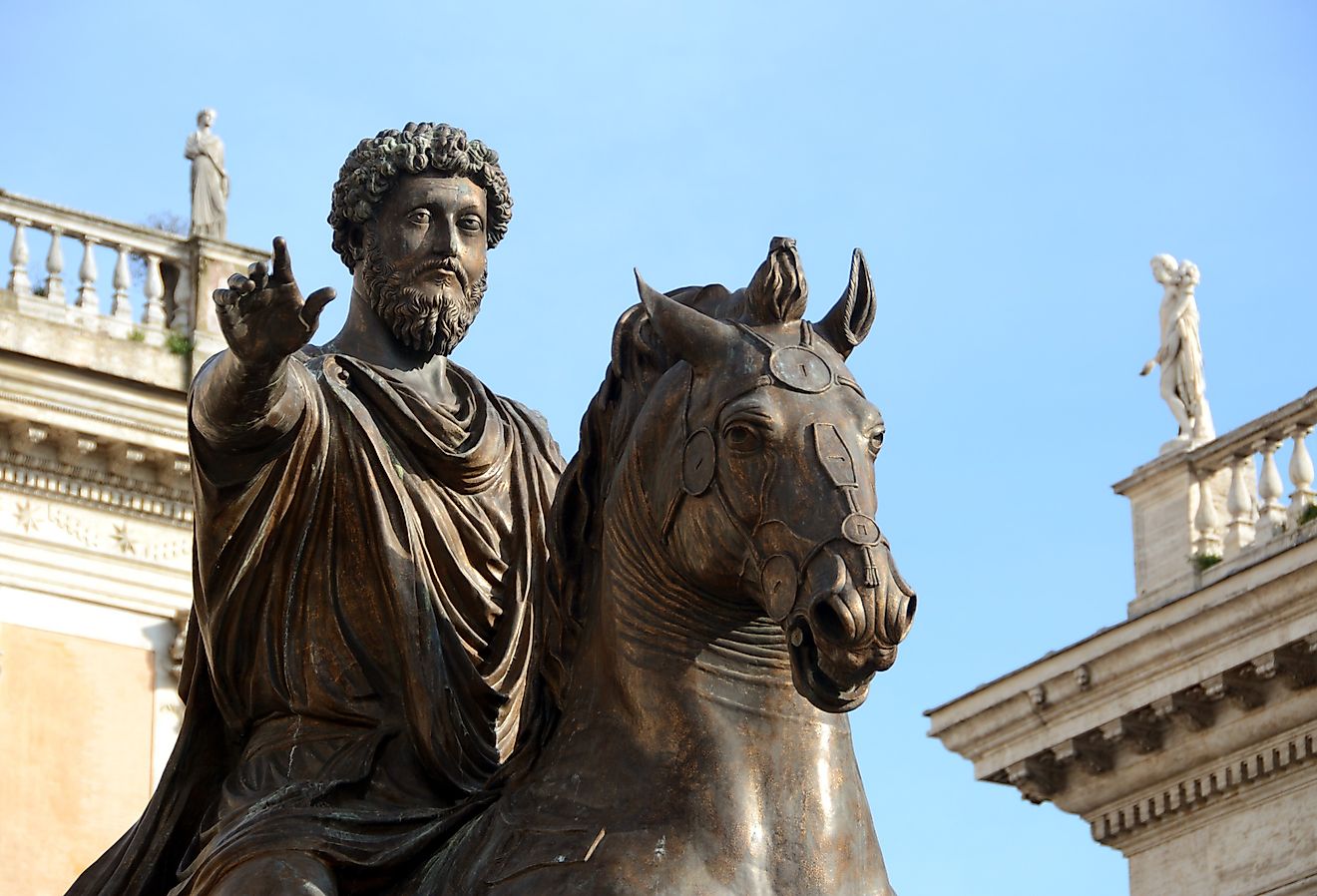The Major Religions in Spain

Under the Spanish Constitution, the freedom to practice religion is a guaranteed right. In practice, the government and greater Spanish society respect this freedom. Although there is no official state religion, the government and taxpayers allocate some financial resources to the Catholic church. The US Department of State has not received reports of religious prisoners or forced conversions. Below is a look at some of the most widely-held religious beliefs in Spain.
Catholicism
Around 67.4% of the Spanish population identify as Roman Catholic Christians. The Christian religion has had a notable presence in Spain since the days the region was part of the Roman Empire. However, an Arab invasion in 711 AD left Islam as the ruling force and most widely practiced religion. This trend stayed until the year 1492 AD, after years of religious fighting between Muslims and Christians. After 1492 and until present-day, Catholicism has been the major religion in Spain.
Although Catholics constitute the vast majority of the population, 61% of these self-identified Catholics report that they do not attend mass very often. In fact, only 14% of the Catholic population reports going to mass every Sunday or multiple times a week. Additionally, the number of parish priests and nuns has also declined across the country. In a 2008 survey of European values, only 3% of the population questioned reported that religion was one of their top three values. It appears that the Spanish population is undergoing a generalized secularization, which is occurring throughout western Europe.
Irreligious
Between 20% and 22% of the population now identify as Atheists or Agnostics. This move toward irreligion comes with economic and social development and increased scientific research and educational attainment. The trend behind increased levels of atheism and agnosticism is seen across western Europe. It is higher in urban areas where people tend to have higher educational attainment and increased income levels.
Minority Religious Groups
Minority religions in Spain include Islam, Judaism, Protestant Christianity, Baha’i, Hinduism, and Buddhism, along with others in smaller numbers. Approximately 3% to 5% of the population practices one of these religions. Due to economic growth within Spain, the country has accepted large numbers of immigrants to help fill the gap in labor shortages. This increase in immigration has led to a change in the kinds of religions practiced in the country as well as a change in languages spoken and traditional cultural practices. Both Protestant and Islam followers have increased over the last few years.
Islam - Spain's Fastest Growing Religion
Although the practices of both Protestant Christianity and Islam have grown in Spain in recent years, Islam has seen significantly more rapid growth. As previously mentioned, this has been due to the large waves of immigrants into the country. The majority of these immigrants are from Morocco and other African nations. During the 1980s, Moroccans were not required to obtain a residency visa to live and work in Spain so they migrated in great numbers, bringing with them religion. Islam is now the second most widely practiced religion in Spain with approximately 1.9 million followers, which is roughly 4% of the population. Practitioners of Islam are more likely to actively practice their religion than Catholics in the country. This could result in a resurgence of religious participation in some parts of Spain.
Religion In Spain
| Rank | Religion | Percentage of Population Adhering (%) |
|---|---|---|
| 1 | Roman Catholic | 67.4 |
| 2 | Irreligious | 15.6 |
| 3 | Atheist | 12.2 |
| 4 | Islam | 4 |
| 5 | Other | >1 |











